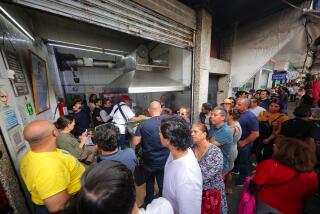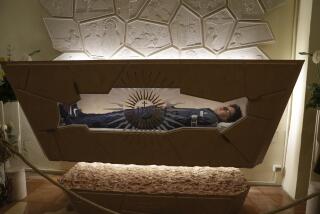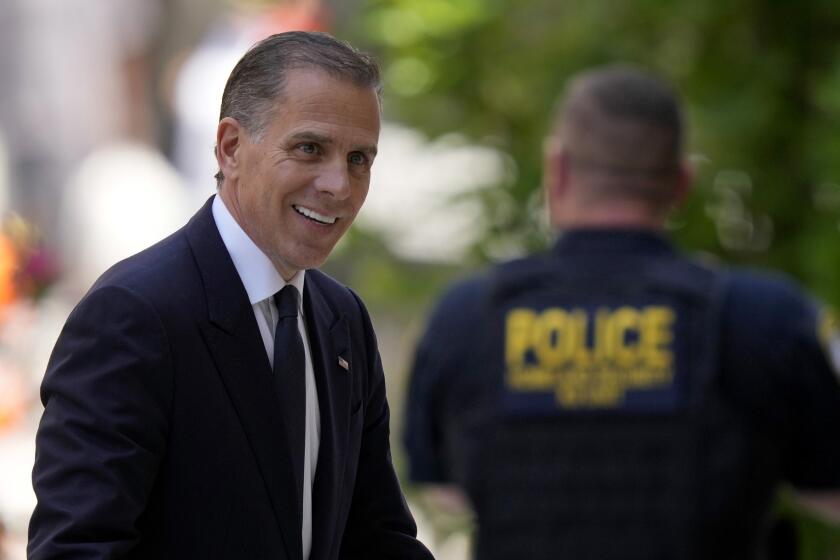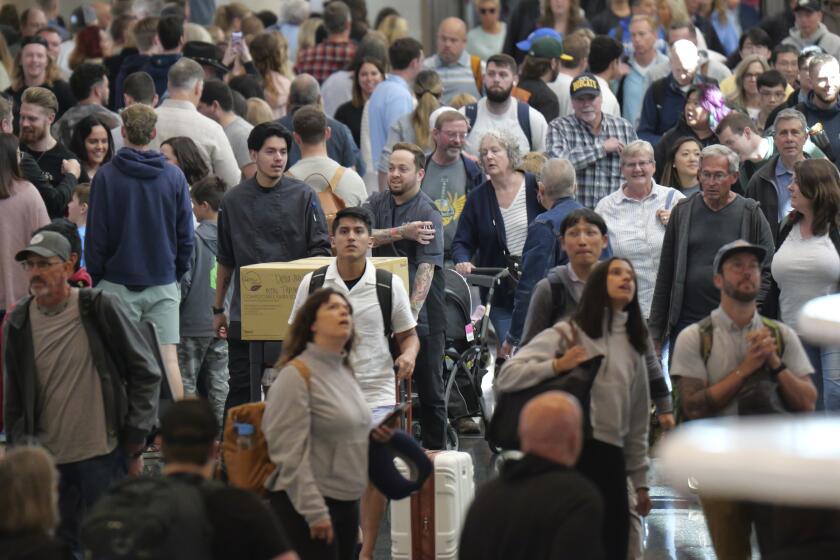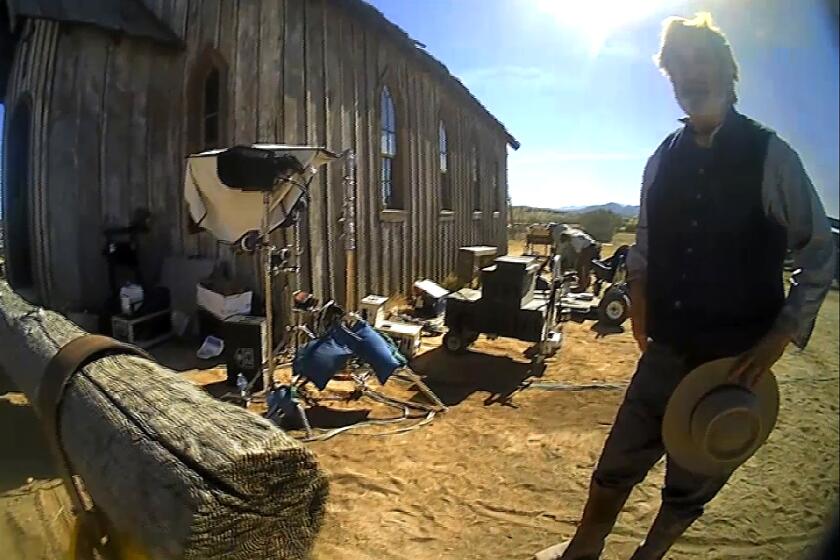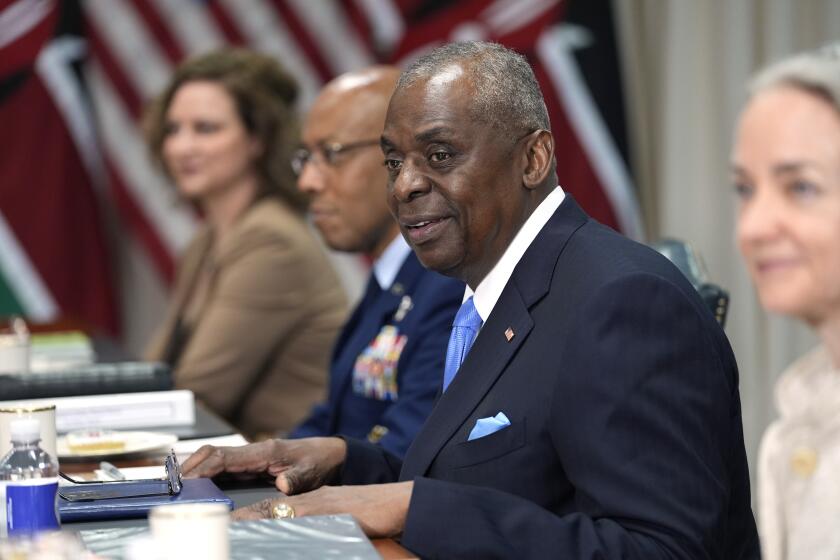Understanding the Riots Part 4 : Seeing Ourselves : KABUL : ‘At least it’s better here.’
Amid the fierce artillery duels, street fighting and looting that battered Afghanistan’s capital early this month, a top strategist for the Islamic rebel commander now in charge of Kabul’s security looked around his new office in a moment of frustration.
Is’haq, an engineer by training and a guerrilla fighter by trade, was searching for a way to explain that, even after 73 civilians had been killed and hundreds more wounded in the cross-fire between rival rebel factions battling for control of Kabul, things just weren’t all that bad in the war-torn capital, after all.
Suddenly, he focused again.
“OK, there’s chaos in this town, no doubt,” Is’haq said without a smile, as outgoing cannon-fire and incoming rockets rattled the windows and shook the floor.
“But look, at least it’s better here than Los Angeles.”
His deadly serious assessment, which came 10,000 miles away and at the peak of his own nation’s most critical hour, illustrated sharply not only the perception of Los Angeles’ days of rage in such isolated corners of the world as this mile-high city in the Hindu Kush, but also the far reach of the ripples of disaster when it strikes in one of the world’s most international cities.
There were many other examples, to be sure, as the Los Angeles riots coincided eerily with Kabul’s own bloody urban warfare.
At a press conference, for example, Cmdr. Abdul Haq, another of the warring Islamic military leaders, compared Kabul to L.A. no less than three times. And, at one point, one of Haq’s U.S.-based fund-raisers frantically approached a Times reporter.
Anti-aircraft batteries and machine-guns were lighting up the sky just outside the hotel conference room, but the fund-raiser’s mind was elsewhere as he pulled the reporter into the hall.
“What’s the news from L.A.?” he pleaded, his hands shaking. “Is it as bad as the radio says? What neighborhoods are hit? How many are dead?”
Reminded that his own capital city was in flames, he replied, “Ah, here in Kabul, they are used to this. It’s almost 14 years of war, now. But, my God, Los Angeles? My family, you see, is living there now. I took them there to be safe.”
Clearly, the connection was deeper than the bizarre coincidence of violence. Take this scene outside one of the regime military bases that had been overrun:
“Hey, man, where are you from,” one of the guerrilla fighters asked as he approached a Times reporter on the street outside the camp.
“Hey, cool, I was born in California. I went to school there,” the rebel fighter said, speaking fluent Southern Californian.
“Yeah, yeah, yeah, my parents are from Afghanistan. I came over to fight the holy war. Been fighting here a long time. Man, I don’t even remember how long. But, cool, so you’re from L.A., huh? Hey, I heard there was some big earthquake yesterday--in Ferndale or something.
“So, like, how bad was it?”
Afghanistan’s struggling new interim Islamic leadership also looked to Los Angeles to explain and--almost perversely--justify their own turmoil.
“In any city or country, if a number of armed people came into a city, some disturbances will happen normally,” the well-traveled interim President Sibghatullah Mojaddidi told reporters.
“The other day, you heard what happened in Los Angeles . . . . In comparison with other countries, other cities like Los Angeles, the situation here just isn’t that bad anymore.”
More to Read
Start your day right
Sign up for Essential California for news, features and recommendations from the L.A. Times and beyond in your inbox six days a week.
You may occasionally receive promotional content from the Los Angeles Times.
